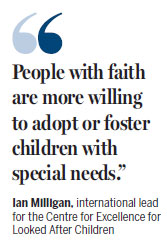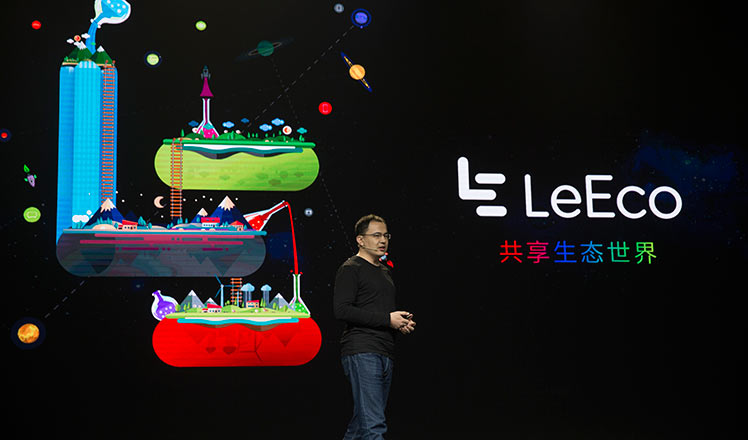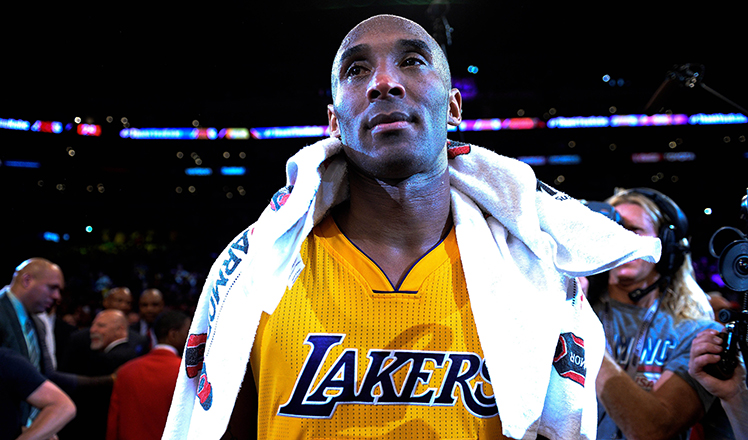Foreigners open hearts to Chinese orphans
Updated: 2016-04-18 07:50
By Luo Wangshu(China Daily)
|
||||||||
Experts say Christians more open to adopting children with challenges
Foreign families, especially in the United States, are increasingly willing to adopt Chinese orphans with special needs, according to anecdotal evidence from experts and institutions.
The Ministry of Civil Affairs said there were 2,887 intercountry adoptions of Chinese children in 2014 - about 13 percent of the 22,772 Chinese children who were adopted. Of the foreign adoptions, 2,040 children went to families in the US.
Although no official statistics track how many of the adopted children had disabilities, experts believe they can see a pattern in the willingness of foreigners to adopt children with special needs.
It comes from a combination of relative wealth, the state of development of healthcare and social services systems, mature attitudes and Christian values, said Ian Milligan, international lead of the Centre for Excellence for Looked After Children, an organization based in Scotland.
"People with faith are more willing to adopt or foster children with special needs," he said. "It seems that Christian families, or people in the Christian community, are more willing to take disabled children."
Tong Xiaojun, head of the Children's Research Institute of China, agreed.
"Most children adopted by overseas families in recent years have special needs," Tong said. "Many overseas adoptions are done for philanthropic reasons."
One example is US actor Jim Caviezel, a devout Catholic, who adopted three children with special needs from China. Two now have brain tumors. The eldest boy, Bo, died of cancer in 2011.
The advanced medical and social evaluations available in some overseas countries helps families make their decision, Tong said - "to make sure they won't be worn out or feel squeezed by the adoption".
"Normally, they will factor in whether a more advanced medical system will help, and if so, they are willing to adopt a child with special needs," Tong said.
In 2005, rules were relaxed for overseas applicants willing to take on a child with disabilities. The parental age limit was raised to 55 from 50. And requirements connected to other offspring were lifted. Before the change, adopting parents were required to have fewer than five children under the age of 18. With no hard figures available, adoption times may provide clues about trends.
It takes an applicant in the US five years or longer to adopt a healthy Chinese girl under 2 years old, said Joshua Zhong, president of the Colorado-based Chinese Children Adoption International in the US.
That contrasts sharply with what the US State Department said was the typical processing time for a Chinese adoption in 2015 - only 249 days. The average completion time was 282 days for all adoptions in 2014, suggesting that a significant portion of those may have involved children with disabilities on a faster track.
"Many overseas adopters are Christians who do not care whether the child has special needs," said the director of a child welfare institution in Shanxi province who wanted only his surname, Liu, to be used. "We had a 6-year-old who went to his new home in the United States in a wheelchair last year. He was not even potty trained."
Deng Zhixin, founder of Angel Home, a nongovernmental relief agency in Beijing that helps disabled and ill orphans, said the maturity of parents underlies their adoption decisions.
"Many domestic adopters are not mature enough and are not willing to take children with special needs," Deng said. "Overseas families are much more open to that."
luowangshu@chinadaily.com.cn

(China Daily 04/18/2016 page6)

 Top 10 Chinese brands that grow the fastest
Top 10 Chinese brands that grow the fastest
 Best Chinese paintings that reveal the beauty of spring
Best Chinese paintings that reveal the beauty of spring
 Millions visit charming forested area in East China
Millions visit charming forested area in East China
 PLA navy soldiers on patrol on Xisha Islands
PLA navy soldiers on patrol on Xisha Islands
 8 good books from London Book Fair you can't miss
8 good books from London Book Fair you can't miss
 Kobe Bryant's accomplishments by the numbers
Kobe Bryant's accomplishments by the numbers
 Top 10 Chinese cities with biggest surge in home prices
Top 10 Chinese cities with biggest surge in home prices
 Beijing Hutongs revived in watercolors
Beijing Hutongs revived in watercolors
Most Viewed
Editor's Picks

|

|

|

|

|

|
Today's Top News
China's finance minister addresses ratings downgrade
Duke alumni visit Chinese Embassy
Marriott unlikely to top Anbang offer for Starwood: Observers
Chinese biopharma debuts on Nasdaq
What ends Jeb Bush's White House hopes
Investigation for Nicolas's campaign
Will US-ASEAN meeting be good for region?
Accentuate the positive in Sino-US relations
US Weekly

|

|







